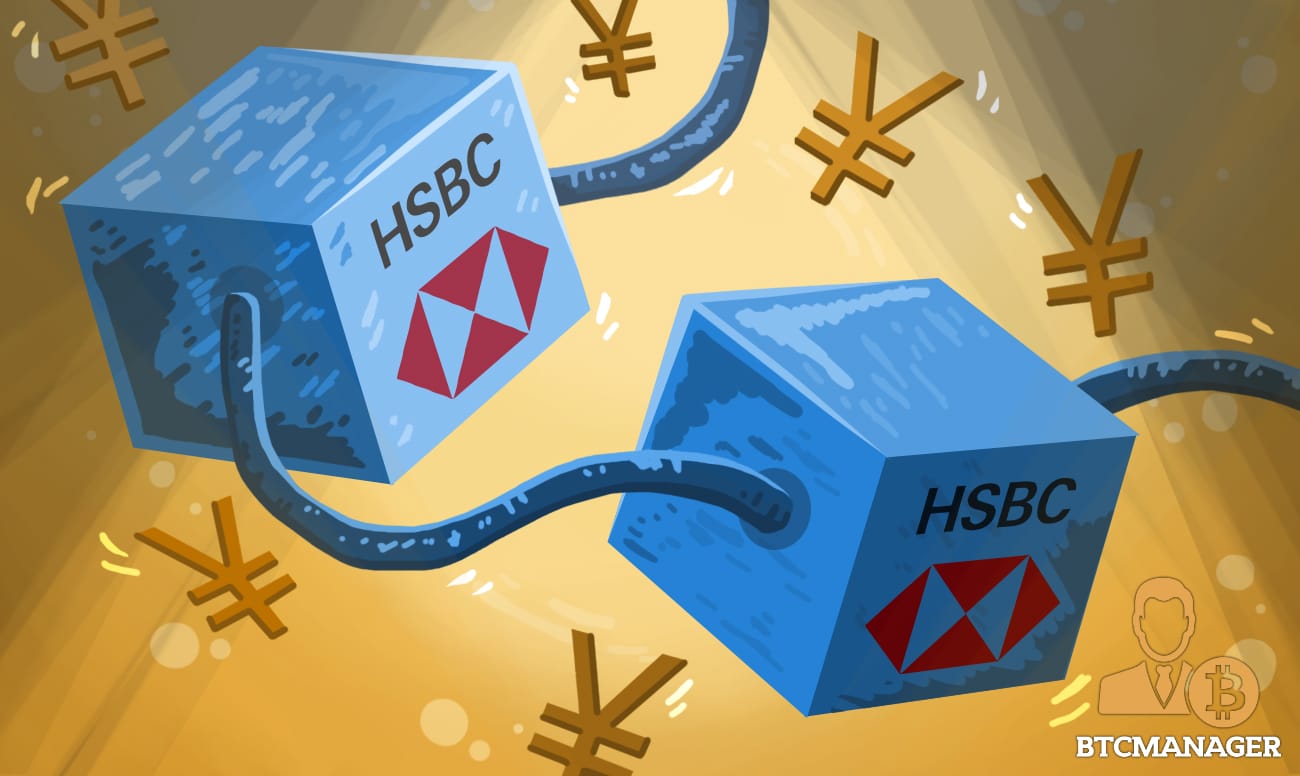Britain’s HSBC Executes First DLT-Based Letter of Credit

HSBC Bank, one of the biggest financial institutions in the world, has successfully completed its first distributed ledger technology (DLT) powered letter of credit transaction pegged to the Chinese yuan.
HSBC Completes Letter of Credit on Voltron
Per sources close to the development, HSBC Bank, one of the largest financial services organizations in the world, with a presence in over 80 regions, has completed its first DLT-based letter of credit via Voltron.
For those who are unaware, a letter of credit is a legal document from a bank guaranteeing that a buyer will send the exact payment for goods purchased to a seller on time. Peradventure the buyer fails to make the payment, the bank will be required to do so.
Though the firms involved in the transaction were not mentioned, the letter of credit was executed on Voltron, an open trade finance platform built upon R3 Corda blockchain.
According to R3, Voltron makes it possible for member organizations to connect with their supply chain partners in real-time through a “single simplified channel” that allows a frictionless exchange of documents and valuables.
This way, the entire trade finance processes are streamlined, saving costs and time for all parties.
Blockchain Revolutionizing Trade Finance
It’s what noting that HSBC has been exploring the potential of blockchain technology in the financial transaction for quite some time now.
Earlier in November 2018, HSBC collaborated with Belgium’s ING bank to execute a letter of credit transaction between Tricon Energy, a U.S-based firm and India’s Reliance Industries, via the Voltron blockchain platform.
Since that time HSBC and its partners have completed several trade finance pilots using Voltron and the firm is working hard to promote broader adoption of DLT via the highly functional trade finance solution.
Commenting on the successful execution of the first yuan-pegged trade finance transaction on Voltron, Ajay Sharma, HSBC’s regional head of global trade and receivables finance for Asia-Pacific reiterated that the team is working hard to make the system commercially available so allow other banks to enjoy the excellent benefits of DLT.
“We are hoping that through Voltron, the unit cost of conducting a transaction comes down, along with other benefits, such as speed,” he added.
In related news, earlier in August 2019, BTCManager reported that Standard Chartered Bank has used blockchain technology to execute its first cross-border letter of credit for firms in the oil and gas sector.













